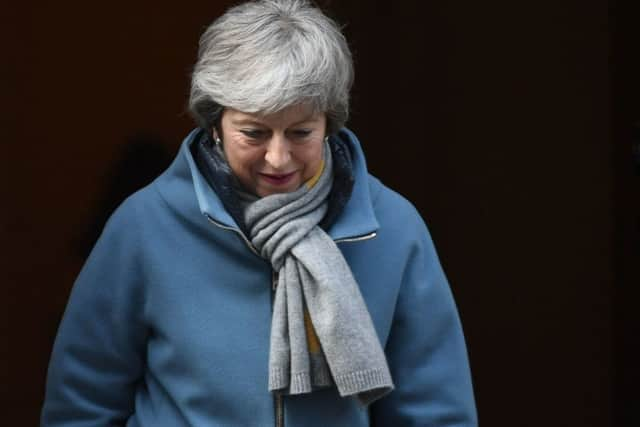Brexit and Corbyn came from a desire to smash the system, but we should fix it instead – leader comment
A warning by the Institute of Fiscal Studies that increasing inequality is a danger to democracy – with rising “deaths of despair” among the poor and skyrocketing wages for the rich – should be taken seriously.
Professor Angus Deaton, the Nobel Prize-winning economist who will chair a major new IFS study of the problem, even claimed inequality was now such a serious issue that it was possible “democratic capitalism is broken”.
Advertisement
Hide AdAdvertisement
Hide AdThis loss of faith in what has been the dominant political credo for decades partly explains the election of Jeremy Corbyn as Labour leader and the referendum vote in favour of Brexit, with iconoclasts offering to smash the system and replace it with a vision of something better given the chance to do so.


Unfortunately for the UK’s two main political parties, the passions aroused by these contrasting visions are now slowly tearing them apart.
Conservative voters are defecting in considerable numbers to the Brexit Party, while Labour is floundering amid uncertainty over Corbyn’s position on Brexit.
As the Electoral Reform Society recently pointed out, polls show that the combined vote share of Labour and the Conservatives is now at a historic low of 50 per cent.
MPs from both parties have left to form an entirely new one, Change UK, and yesterday saw former Labour MP Bridget Prentice quit the party with an angry parting shot at the leader. Labour, she claimed, had become a “cult venerating the messiah”.
Theresa May seems if anything even less popular, facing calls from Conservatives to set a date for her resignation despite the Brexit deadlock.
Both parties are fundamentally split, both leaders are weak and seemingly stuck in almost impossible situations. Corbyn appears to be in favour of Brexit but also afraid of offending Labour Remain voters. May’s Brexit deal is a compromise that fails to inspire, but if she shifts one way she loses hard Brexiteers, another and she loses soft ones.
And so British politics finds itself caught in a trap and it is one that could prove deadly for the Conservatives, Labour or possibly both. The demise of two such powerful forces would create a vacuum that new ones would rush to fill.
Smashing the system is an inherently dangerous process. Finding a way to fix democratic capitalism may be considerably safer.
